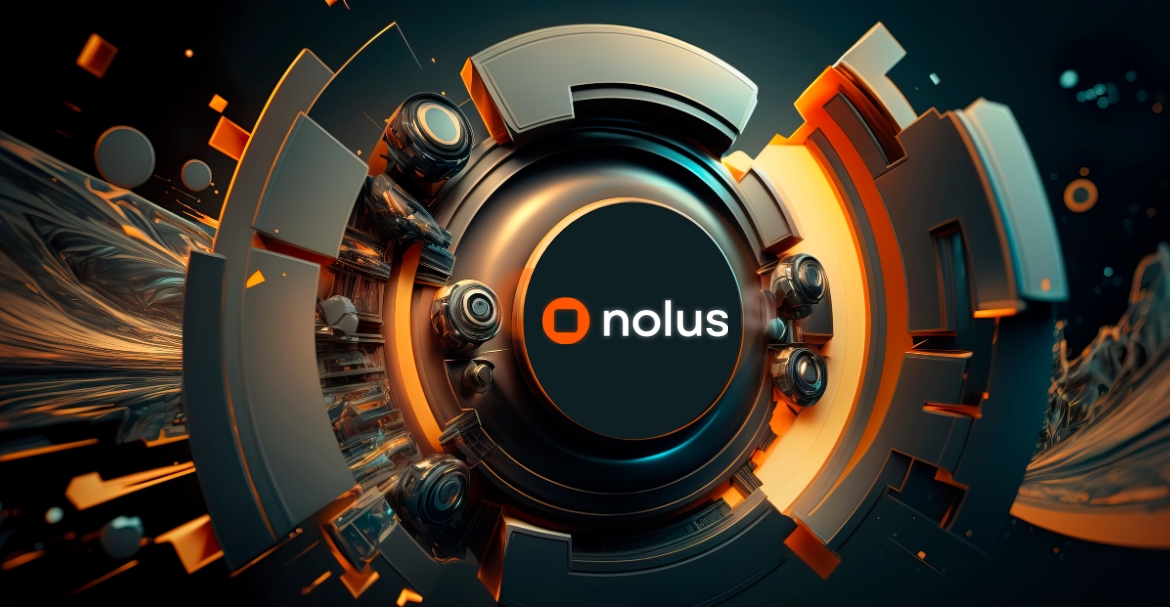“Nolus” appears to be a term that isn’t widely recognized or associated with any known concept or platform as of my last update. It’s possible that it could be a newly emerging platform or concept in the realm of decentralized finance (DeFi) or crypto lending, but without further context or information, it’s challenging to provide a detailed explanation or analysis.
However, if “Nolus” is indeed a DeFi platform, it’s likely designed to simplify the process of crypto lending, which traditionally involves borrowers seeking to borrow cryptocurrencies by offering collateral and lenders providing the funds in exchange for interest.
Decentralized finance (DeFi) provides individuals with opportunities to engage in various financial activities, including crypto lending, where users pledge their crypto assets as collateral to obtain loans.
What exactly does the Nolus DeFi Lease entail?
The Nolus DeFi Lease presents a fresh perspective on decentralized finance (DeFi) by offering an innovative alternative to the traditional crypto lending framework. Unlike conventional lending platforms that necessitate users to lock their crypto assets as collateral for loans, the Nolus DeFi Lease operates on a distinct premise.
Instead of requiring collateral, users engage in a lease arrangement where they temporarily transfer ownership of their crypto assets to the platform. In exchange, they receive periodic lease payments, similar to rental income, calculated based on the leased assets’ value. These lease payments serve as a passive income stream for users, enabling them to earn returns on their crypto holdings without actively participating in trading or lending activities.
The primary advantage of the Nolus DeFi Lease lies in its simplicity and inclusivity. By eliminating the need for collateral and adopting a straightforward lease model, the platform reduces entry barriers for users interested in DeFi lending.
Moreover, the passive income generated through lease payments offers users a consistent revenue stream, thereby enhancing the practicality and attractiveness of their crypto investments.Through the Nolus DeFi Lease, individuals have the opportunity to deposit cryptocurrency into the Nolus Protocol and obtain financing of up to 150% of their initial investment. This enables users to increase their exposure to tokens while alleviating the stringent over-collateralization demands typically associated with cryptocurrency transactions.
What challenges does Nolus address?
Nolus addresses several challenges commonly encountered in the decentralized finance (DeFi) space, offering innovative solutions to enhance user experience and efficiency:
- Over-collateralization: Traditional DeFi lending platforms often require users to lock up a significant amount of collateral to obtain loans, limiting their ability to access liquidity. Nolus introduces the DeFi Lease, allowing users to gain financing of up to 150% of their initial investment without the need for strict over-collateralization. This enables users to leverage their assets more effectively and access additional liquidity.
- Complexity: DeFi protocols can be complex and intimidating for new users, hindering adoption and usability. Nolus aims to simplify the DeFi experience by offering straightforward solutions, such as the DeFi Lease, which provides users with a clear and accessible way to participate in lending and borrowing activities without navigating complicated processes.
- Limited Yield Opportunities: Many DeFi platforms offer limited opportunities for generating yield on crypto assets beyond basic lending and borrowing. Nolus expands yield-generating possibilities by introducing innovative products like the DeFi Lease, which enables users to earn passive income on their crypto holdings through lease payments, enhancing the overall utility of their assets.
- Centralization Risks: Some DeFi platforms are susceptible to centralization risks due to reliance on centralized oracles, governance models, or infrastructure. Nolus mitigates these risks by leveraging decentralized technologies and protocols, ensuring greater resilience, transparency, and security for users’ assets and transactions.
What is the functioning mechanism of the Nolus DeFi Lease?
The Nolus DeFi Lease operates through a unique mechanism that allows users to participate in decentralized finance (DeFi) lending without the traditional requirement of over-collateralization. Here’s how it works:
- Deposit Cryptocurrency: Users deposit their cryptocurrency holdings into the Nolus Protocol. These assets serve as the basis for the DeFi Lease agreement.
- Financing: Upon depositing their cryptocurrency, users can receive financing of up to 150% of the initial investment. This means that users can access additional liquidity beyond the value of their deposited assets.
- DeFi Lease Agreement: By entering into a DeFi Lease agreement with Nolus, users temporarily transfer ownership of their cryptocurrency assets to the platform. In return, they receive regular lease payments, similar to rental income, based on the value of the leased assets.
- Passive Income: The lease payments received by users serve as a form of passive income, allowing them to earn returns on their cryptocurrency holdings without the need for active trading or lending activities.
- Flexibility and Efficiency: The Nolus DeFi Lease offers users flexibility and efficiency in managing their cryptocurrency assets. Unlike traditional lending platforms that require over-collateralization, the DeFi Lease allows users to gain financing while retaining ownership of their assets and maximizing their utility.



